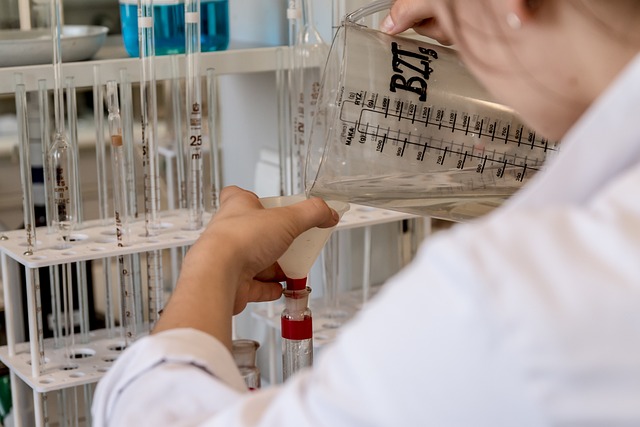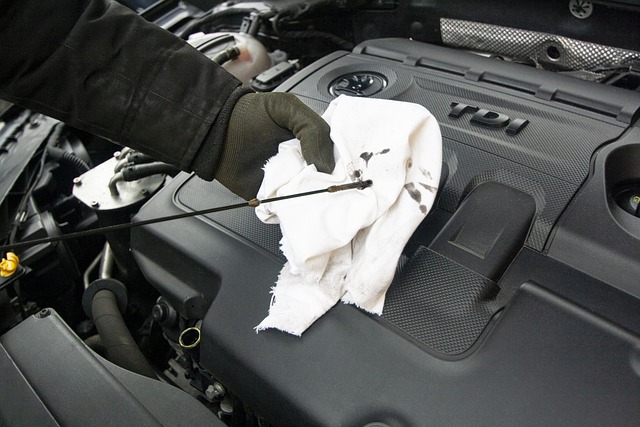
Wet Roads Result in Accidents
Understanding the Risks of Wet Roads
When it rains, the roads can become slick and dangerous, leading to a higher likelihood of car accidents. Wet roads are a significant factor in many vehicle collisions, and understanding how they contribute to accidents can help drivers stay safer on the road. 🌧️
Why Wet Roads Are Dangerous
Wet weather can create a variety of hazards for drivers. Here are some reasons why:
- Reduced Traction: Water on the road can create a slippery surface, making it harder for tires to grip. This can lead to skidding or losing control of the vehicle.
- Longer Stopping Distances: Stopping on wet roads takes longer. The braking distance increases significantly, which can lead to rear-end collisions if drivers are not paying attention.
- Potholes and Road Conditions: Wet weather can reveal poor road conditions. Potholes and uneven surfaces can become more hazardous when they fill with water, making them hard to see.
- Visibility Issues: Rain can reduce visibility, making it difficult to see other vehicles, traffic signals, and road signs.
Common Accident Scenarios
There are specific situations where wet roads are particularly dangerous:
- Highways: Busy freeways can become chaotic during rain. The combination of high speeds and reduced traction can lead to serious pile-ups.
- Construction Zones: Areas under construction may have uneven surfaces or debris, which can be exacerbated by rain.
- Curvy Roads: Sharp turns can be tricky when the pavement is wet. Drivers may underestimate their speed and lose control.
Staying Safe on Wet Roads
To reduce the risk of accidents when driving on wet roads, consider these tips:
- Slow Down: Reducing speed is one of the simplest ways to stay safe. Give yourself more time to react to any hazards.
- Increase Following Distance: Keep a greater distance between your vehicle and the one in front of you. This provides more time to stop if necessary.
- Avoid Sudden Movements: Make smooth turns and gentle braking to maintain control of your vehicle.
- Check Your Tires: Ensure your tires have adequate tread. Good tires can significantly improve traction on wet surfaces.
What to Do After an Accident
If you find yourself in an accident due to wet road conditions, here’s what you should do:
- Stay Calm: Take a deep breath and assess the situation.
- Check for Injuries: Ensure everyone is okay and call for medical help if needed.
- Document the Scene: Take pictures of the accident scene, vehicle damage, and any road conditions that contributed to the accident.
- Contact Authorities: Report the accident to the police and file a report.
- Consider Legal Help: If the accident was serious, you may want to consult a personal injury lawyer to discuss your options.
Conclusion
Wet roads can lead to serious accidents, but by understanding the risks and taking precautions, drivers can stay safer. Remember, a little caution can go a long way in preventing accidents. Stay alert and drive smart! 🚗💨

















 The Woolpack: A Slice of Emmerdale in Yorkshire
The Woolpack: A Slice of Emmerdale in Yorkshire 
 Health
Health  Fitness
Fitness  Lifestyle
Lifestyle  Tech
Tech  Travel
Travel  Food
Food  Education
Education  Parenting
Parenting  Career & Work
Career & Work  Hobbies
Hobbies  Wellness
Wellness  Beauty
Beauty  Cars
Cars  Art
Art  Science
Science  Culture
Culture  Books
Books  Music
Music  Movies
Movies  Gaming
Gaming  Sports
Sports  Nature
Nature  Home & Garden
Home & Garden  Business & Finance
Business & Finance  Relationships
Relationships  Pets
Pets  Shopping
Shopping  Mindset & Inspiration
Mindset & Inspiration  Environment
Environment  Gadgets
Gadgets  Politics
Politics 